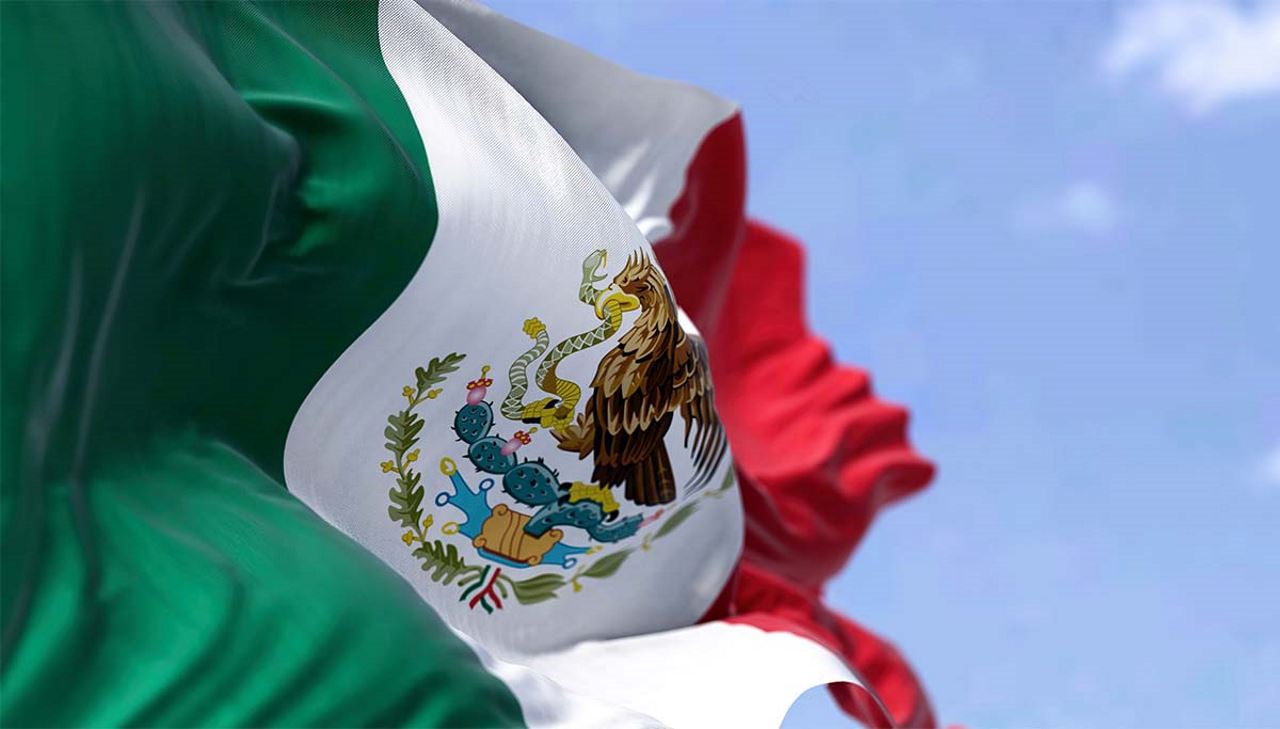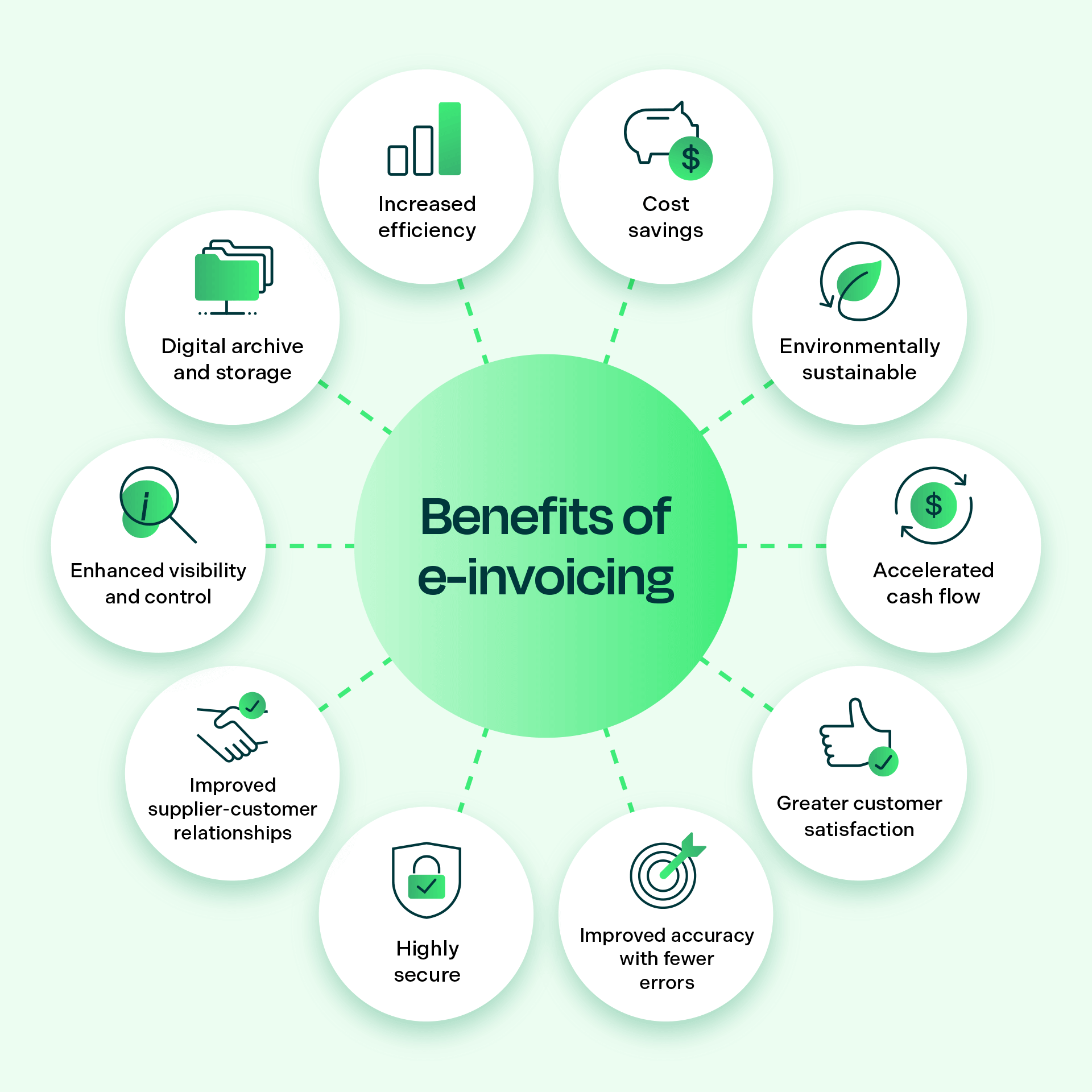Mexico has been at the forefront of digital tax transformation in Latin America, pioneering the implementation of mandatory e-invoicing for all taxpayers since 2014. This progressive step has streamlined tax compliance processes, enhanced data integrity, and fostered a more transparent business environment.
The SAT (Servicio de Administración Tributaria), Mexico's tax administration agency, plays a crucial role in facilitating e-invoicing. Its electronic services are mandatory for issuing invoices and other accompanying receipts. Additionally, the SAT has delegated the verification of electronic invoices to certified Public Accounting Service Providers (PACs).
To ensure timely tax information exchange, the issuer is obligated to communicate the invoice to the recipient within three days following issuance, while buyers can ask for a printed copy.
To safeguard the integrity of electronic invoices, Mexico employs a rigorous signing and "timbrado” process. The supplier's CSD (Certificado de Sello Digital), a certificate issued by the tax authorities, authenticates the invoice. It journeys to an authorized PAC for validation and compliance with XML format standards, and receives a unique identifier (UUID). The PAC then signs the invoice with the key provided to the tax authority, completing the timbrado process. The result is returned to the supplier, or service provider.
The PAC also places a Digital Seal to authenticate the CFDI (Comprobantes Fiscal Digital por Internet), ensuring the invoice's origin and legitimacy. Both the issuer and the recipient must maintain their respective Digital Seal Certificates (CSD) up to date. If the SAT suspends these certificates due to tax delinquency or other reasons, the generation of tax receipts is prohibited.




